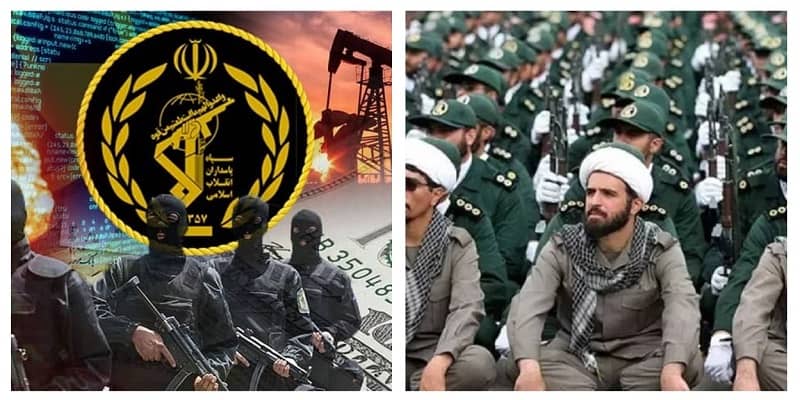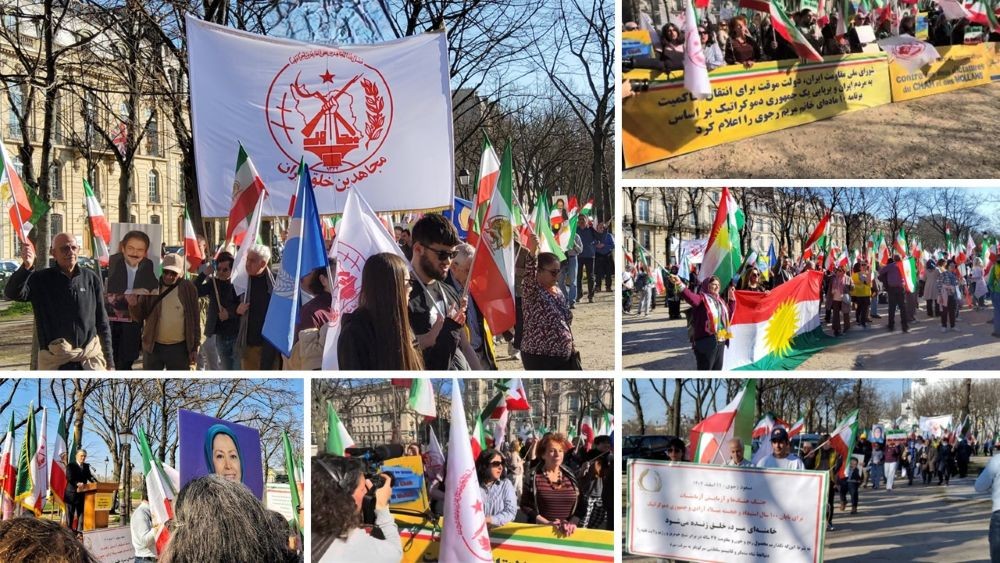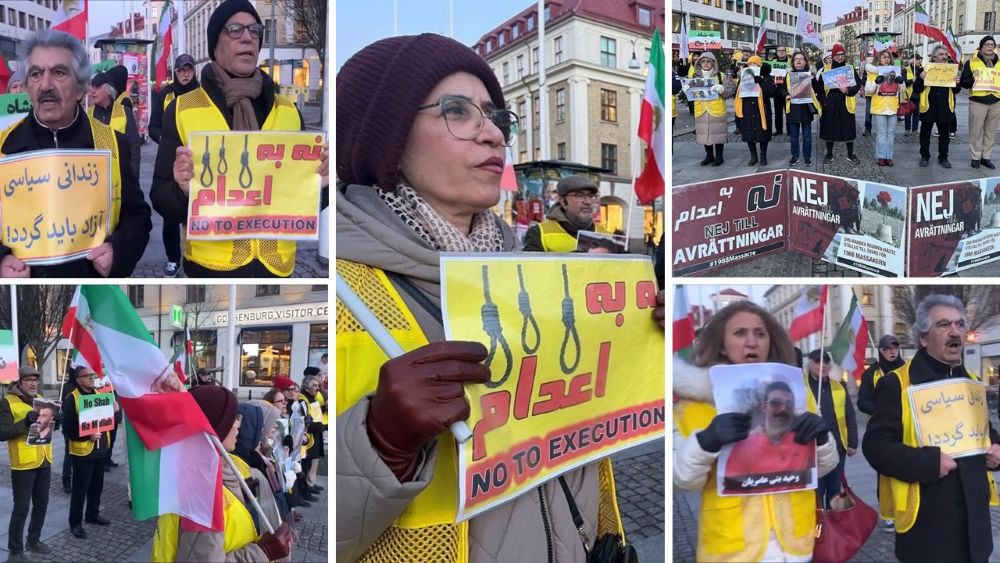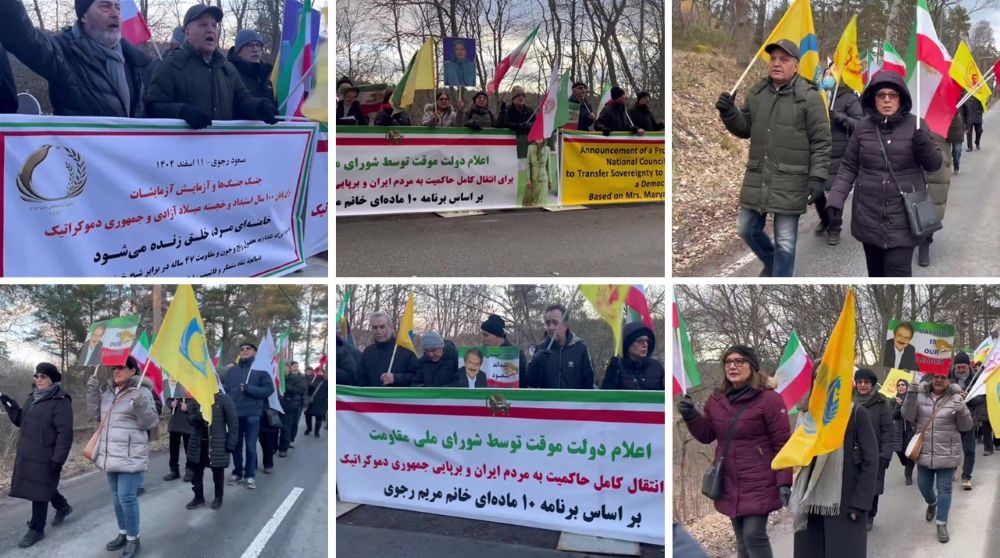
Not content with being involved in the majority of the crises across the Middle East, the Iranian regime has expanded its destructive operations across the world, with one of their recent strongholds being Latin America. Through the Islamic Revolutionary Guard Corps (IRGC) and their terrorist branch, the Quds Force, the regime’s operatives are on a mission to implement the regime’s doctrine of ‘Universal Islamic Revolution’.
The National Council of Resistance of Iran (NCRI) said, “Decades of chronic failures in Latin American countries such as corruption, organized crime, and political violence have helped the Iranian regime make concrete efforts to export its ideological and political influence in the Western Hemisphere.”
This, in turn, has allowed them to expand their network of terrorism across South American countries. The regime’s proxy terrorist group, Lebanon’s Hezbollahs have managed to help the IRGC to circumvent international sanctions by strengthening their foothold in the far-flung continent, however, their presence not only endangers the citizens of the South American countries, but also threatens global security and peace.
Acknowledging the cooperation between Iran and a number of countries in South America, Brigadier General Mohammad Reza Naqdi, the head of the IRGC’s cultural and social affairs, stated on January 9, 2017, that a team from Latin America had travelled to Iran to receive militia training, adding that they had ‘gravitated toward Islam’.
On 22 November 2020, the IRGC Commander-in-Chief, Hussein Salami confirmed that, “…the power of the Islamic Revolution has removed America from its strategic base. Today, the Basij discourse has spread in Yemen, Lebanon, Syria, Iraq, Latin America, and parts of Africa.”
The NCRI said, “This so-called show of ‘power’ amounts to terrorist operations, like the foiled assassination plot of Saudi Arabia’s ambassador to the United States in 2011, the recent arrest of two Iranian operatives in Colombia in November 2021, and the AMIA bombing in Argentina in 1994.”
In the months following the elimination of the IRGC’s Quds Force Commander Qassem Soleimani, Admiral Craig Faller of the Southern Command warned that retaliation attacks would be possible, saying, “Some Hezbollah supporters cache weapons and raise funds, often via charitable donations, remittances, and sometimes through illicit means, such as drug trafficking and money laundering. Having a footprint in the region also allows Iran to collect intelligence and conduct contingency planning for possible retaliatory attacks against the U.S. and Western interests.”
He further stated that, “The Islamic Revolutionary Guard Corps-Qods Force, Tehran’s primary external operations unit for exporting the Islamic Revolution, maintains operatives in foreign embassies, charities, and religious and cultural institutions to enhance ties globally.”
During the U.S. House of Representatives Committee on Foreign Affairs on March 18, 2015, the co-Author of ‘Iran’s Strategic Penetration of Latin America’, Joseph M. Humire gave a testimony which shone a spotlight on the presence of the Iranian regime in South America.
The NCRI said, “According to Humire, Tehran’s pattern of penetration has four essential layers. These layers begin at an informal level through cultural exchange, which transitions to more formal diplomatic relations that allows for greater economic cooperation.”
Humire stated that the regime used “its cultural penetration to gain access to prominent individuals within the Islamic and indigenous communities throughout the region.”
Over the years, the number of Iranian embassies across South America has increased greatly. Alongside its embassies, the regime has built several mosques and ‘Islamic’ cultural centers, which are used by the regime’s espionage network to keep their ‘eyes and ears on the ground’.
The NCRI said, “This method has allowed the regime to infiltrate several intelligence and defense services of countries or co-opt their services for its benefit. Sadly, the vast corruption in Latin America enables Tehran’s ability to move through various layers of strategic penetration in different countries in the Western Hemisphere.”



